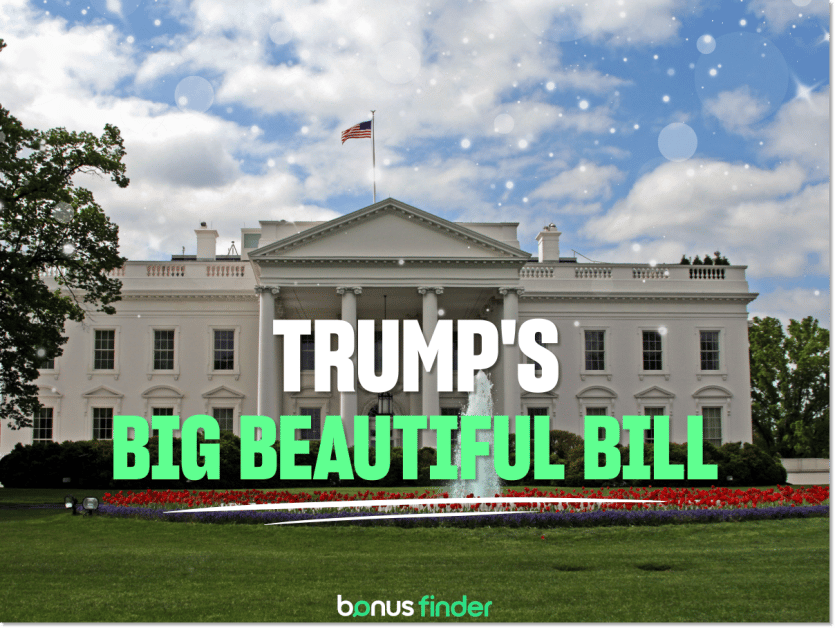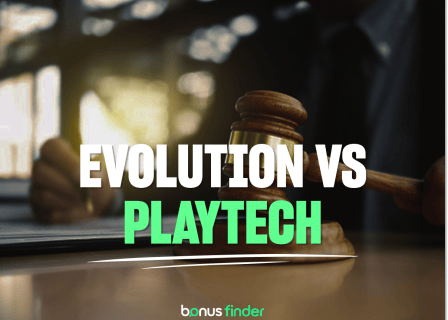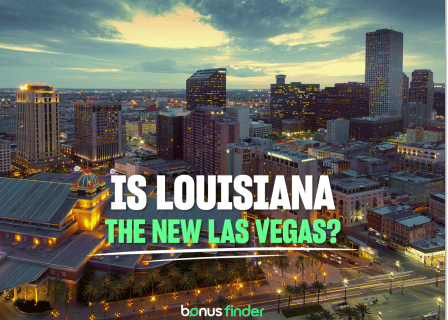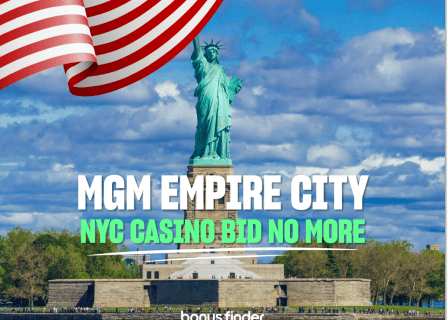US gambling industry on red alert following ‘one big beautiful bill’ passage
BonusFinder, an online casinos comparison site, delves into everything you need to know about the latest proposed bill on gambling taxes, with President Donald Trump’s ‘One Big Beautiful Bill Act’ (OBBBA) changing the way gambling taxes are calculated.
Under this controversial motion, US players shall only be allowed to deduct up to 90% of total gambling losses from taxes.
For example, this means that an individual who breaks even at $10,000 will need to pay tax as if they had won $1,000, despite not earning a profit.
Specifically, the bill reads: “The amount allowed as a deduction for any taxable year shall be equal to 90% of the amount of such losses during such taxable year.”
Under previous regulations, players could deduct 100% of gambling losses up to the total amount won.
Both professional and recreational players are targeted by the proposal – which was signed into law on 4 July following its passage through the Senate and the House.
What do these OBBBA changes mean for US gamblers?
Most pressing is that players can only deduct up to 90% of wagering losses from their annual tax returns.
This will likely increase the amount of money players owe to the Internal Revenue Service (IRS) – with major ramifications for the entire industry.
Professional poker player Phil Galfond articulated the OBBBA’s negative impact on the US gambling scene via X (formerly Twitter), saying:“The One Big Beautiful Bill Act would end professional gambling in the US and hurt casual gamblers, too.”
In a three-minute video, Galfond explained that the act is “quite scary” for players and operators alike, particularly those operating on high budgets.
One example presented by Galfond is that of a professional or high-volume player who wagers $5m, loses $5m and ‘wins’ $5.2m during a single year. In this instance, the individual would make $200,000 in net profit.
Old regulations would have seen the player taxed solely on their $200,000 in winnings, but the OBBBA’s new duty mandates that tax shall be calculated based on the difference between the $5.2m ‘earned’ and 90% of $5m lost through wagers ($4.5m).
In effect, this translates to paying tax on $700,000 – even though only $200,000 has been realized.
“In almost everybody’s case, you would be paying more tax than you made (through gambling) during the year,” stated Galfond.
He continued to brand the new proposal “completely untenable” and expressed that “you cannot be a professional gambler in the US” under these rules.
This sentiment is matched by the director of policy analysis at Tax Foundation, Garrett Wilson: “There could be scenarios where folks have a tax liability that matches or exceeds the amount that they earn.”
In short: President Trump’s OBBBA will make gambling significantly more expensive for most, if not all, players within the industry.
Federal gambling tax rate set to decrease – but is that a good thing?
On top of a 90% limit on gambling loss tax deductions, President Trump’s OBBBA establishes a federal 15% tax rate to be applied to all gambling winnings.
This will replace the existing 24% withholding tax rate tied to winnings, which had previously been activated when players achieved certain thresholds. For example, the threshold for withholding slots winnings stood at $1,200.
Players must now report these returns independently – operators are no longer required to withhold player payouts.
Moreover, sportsbook and casino operators must report (but not withhold) player winnings starting from $200 – a deduction from the existing $600 limit.
Perhaps most crucially, the OBBBA details that taxes must be paid on winnings accrued from offshore and sweepstakes casino operators. In an effort to enforce this all-new rule, provisions to track offshore gambling activity are also included.
Backlash against the bill from all corners
The primary driving force behind the OBBBA is a projection by the Joint Committee on Taxation that this revised gambling tax structure will funnel $1.1bn into the federal system between 2026 and 2034.
However, as pointed out by another professional poker player, Doug Polk, this proposal could “kill professional gambling.”
Without significant investment from high-stakes players, the anticipated $137.5m per year in federal tax revenue is unlikely to come to fruition.
Nevada Democratic Party Rep. Dina Titus has already promised to work on a “legislative fix that fairly treats gaming losses in the tax code.”
Meanwhile, Tom Rooney, President and CEO of the National Thoroughbred Racing Association (NTRA), has publicly illustrated the potential impact of this bill on US racing:
“Our sport is generated by the people that play the horses. And, if they’re dissuaded in any way from doing that, it’s going to hurt our sport.”
The bill succeeded through the Senate by a single-vote margin (51-50), with Vice President J.D. Vance casting the pivotal ballot.
But that result did not spell the end for the OBBBA’s journey through the federal system…
When will ‘big beautiful bill’ gambling tax regulations come into effect?
In traditional circumstances, the OBBBA would have been sent from the Senate to President Trump’s desk for signing.
However, this bill underwent changes between its transition from the House – where it passed 215-214 in May – to the Senate. A limit on gambling tax deductions was not present during its initial House vote.
Hence, the OBBBA returned to the House in early July for an additional bout of voting, confirmed by a 219 – 214 vote in favor of reopening debate about the act.
A final poll was taken on July 3, where the bill advanced through the House for a second time by a margin of six votes (218 – 214). Two Republican representatives objected to the motion.
It is important to note that most Republicans support the bill because of policies on immigration, tax cuts in non-gambling sectors and trade programs. Gambling tax reform is not a major concern for most representatives – especially those representing states where online and/or retail gambling is illegal or unavailable.
Thus, this segment of the ‘big beautiful bill’ was included without noticeable pushback.
President Trump signed the OBBBA into law during July 4 celebrations at the White House.
All changes proposed in the final version of the motion – including revamped gambling tax regulations – shall come into effect during this tax year.









